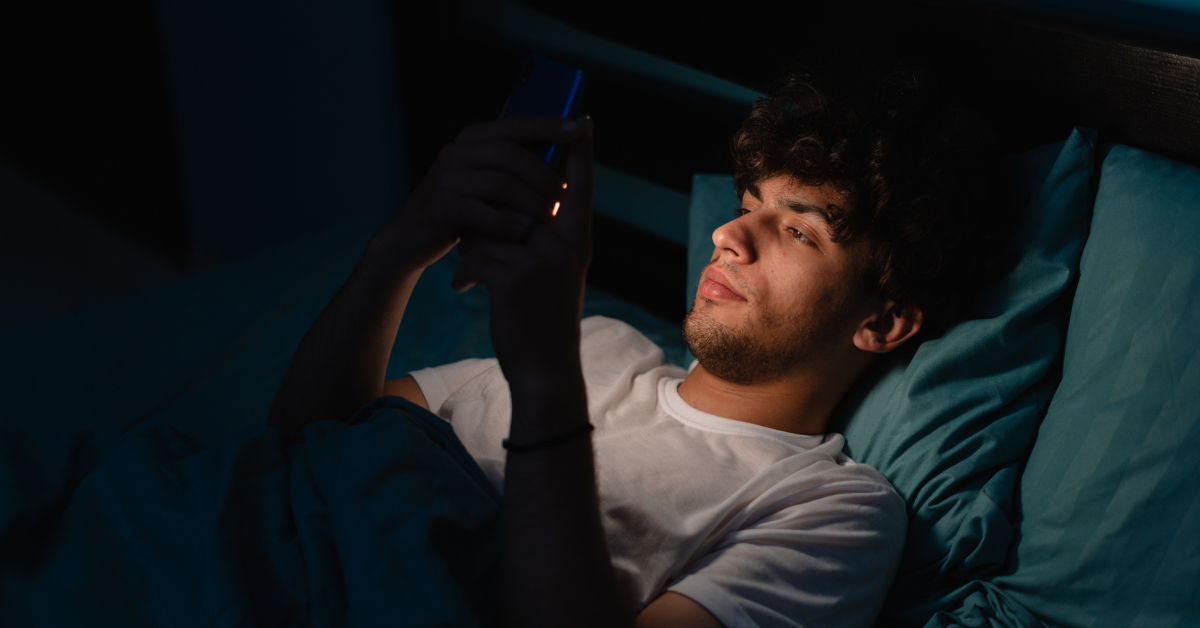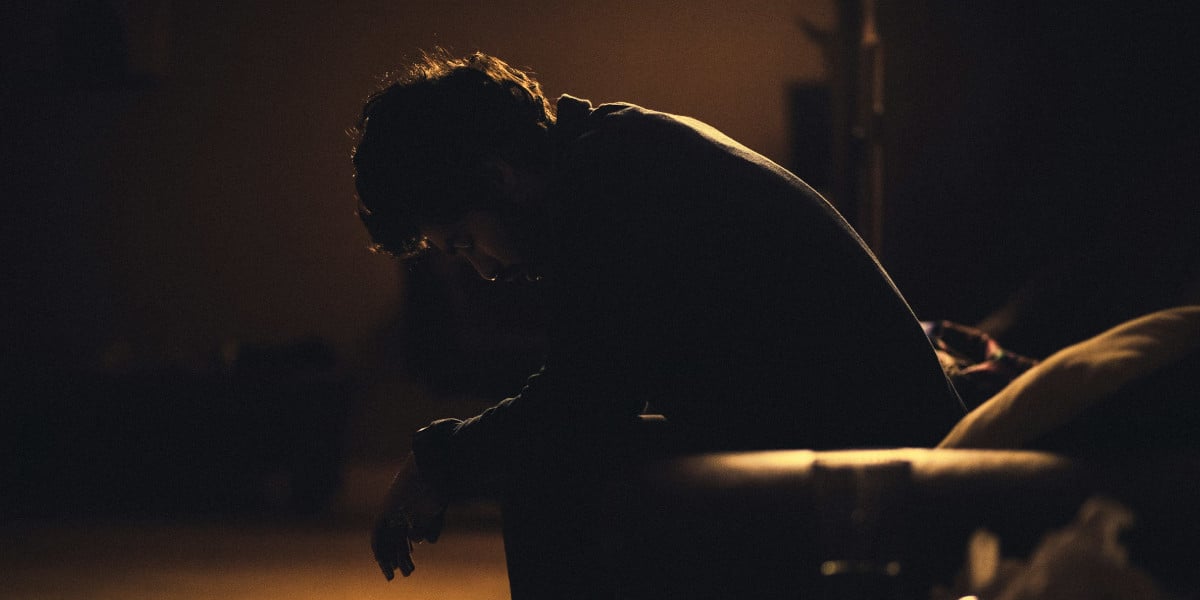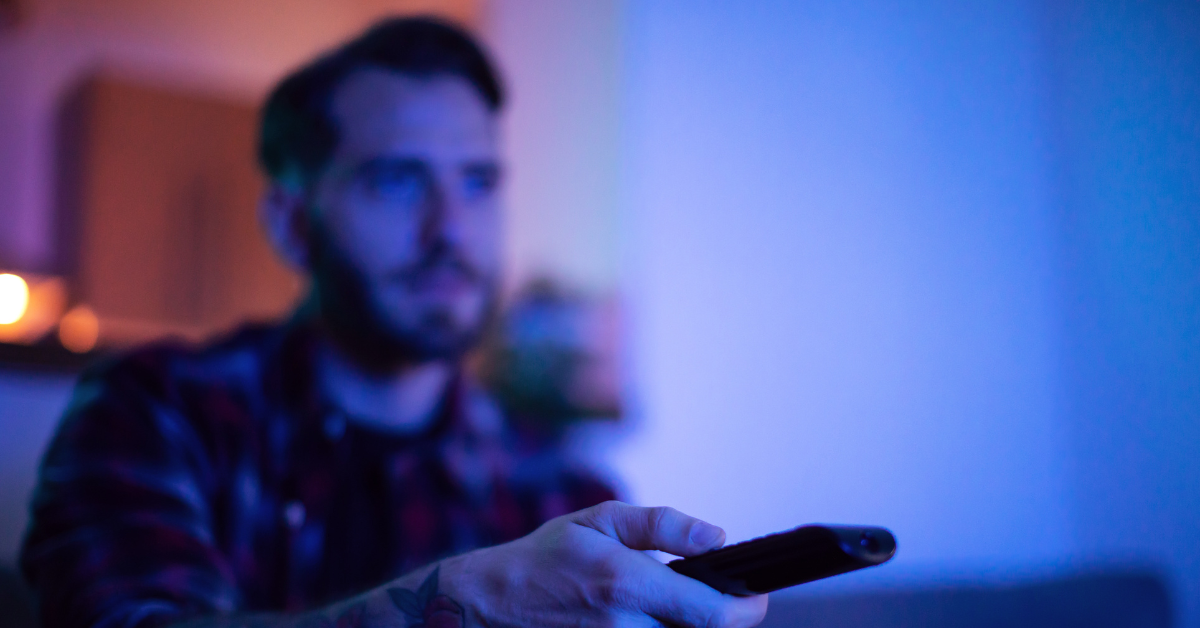Mental Health
We're Here to Help
Click on the cards below. You'll find useful information about Mental Health, along with a list of Lifeologie specialists who can help. Explore other categories, including Trauma & Abuse, Anxiety & Life Stressors, Depression, Grief & Loss, Identity & Sexuality, Couples & Relationships, Kids, Tweens & Teens, and Health, Wellness & Spirituality.





















































































































